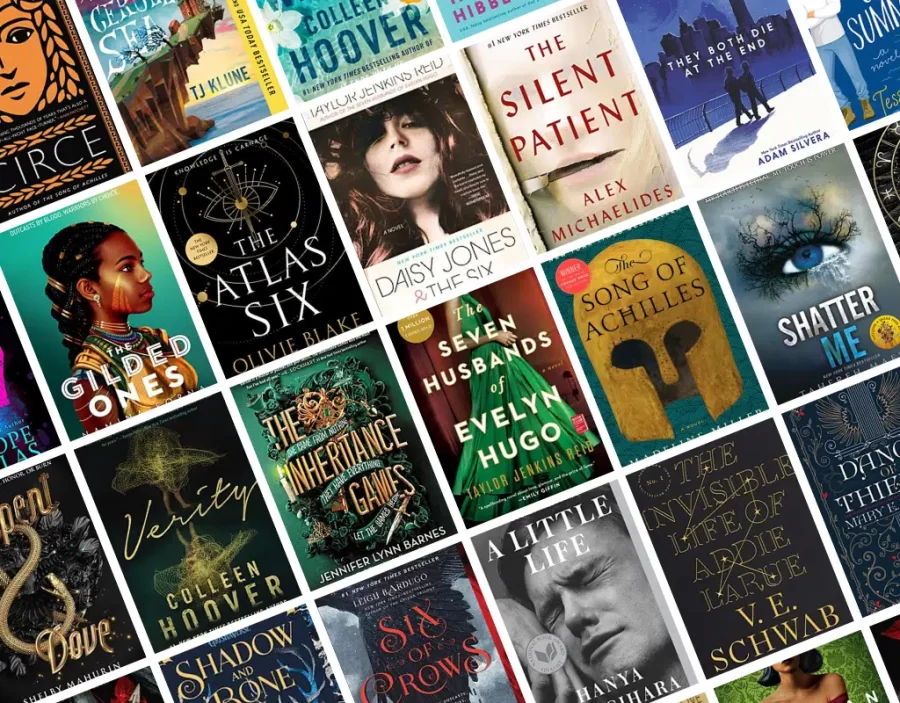What It Is Like To Read In The Digital Age
January 28, 2023
As an avid reader and connoisseur of many popular young adult books, my to-be-read shelf is often heavily inspired by the Internet. Recent reads over the past few years have included The Cruel Prince, Six of Crows, We Were Liars, The Song of Achilles, and most recently, The Inheritance Games and Babel. Overall, I enjoyed all of them. I liked being able to find a wealth of opinions, theories, and fanart online from people who shared a love of these books. However, it’s interesting to wonder what ties all of these and many other books together to make them wildly popular on the YouTube, Instagram, and TikTok algorithms, ultimately driving the reading preferences of many people and book sales at large.
Honestly, I’m not sure if one can pinpoint exactly what drives these books to be so massively popular, apart from them being enjoyed by a generally younger audience as these platforms have a majority of younger users and content creators. Many older readers with more reading experience will judge books as one-dimensional or the plot as predictable when the books are not marketed toward their age group. While truly great middle grade, young adult, and new adult books can be genuinely enjoyed by all ages, the majority of the “BookTok” recommendations are best suited to the demographic majority of the creators of these platforms. Someone else’s “favorite books” or “best books of all time” may not be yours, because ratings are subjective and a book changes every time you read it.
The format of these short videos also does not encourage nuanced discussion and strips a book down to its “tropes” or one vague-yet-nice-sounding quote from the most popular character. People watch the clips, buy the book, and become disappointed when it is not the collage of “aesthetic” Pinterest photos the creator promised. This can become dangerous when the topics and themes present in the book are overshadowed by romance and friend dynamics and the relationships are romanticized, leading people to buy them unprepared for the complicated ideas the Internet has simplified. It is possible as well that critics of “TikTok books” are simply not used to the preferences of the young, female demographic driving book sales. Is the book really “empty” and “lacking in depth”, or did the protagonist in the young adult novel just get what she wanted in the end?
With the rise of the pandemic, many newer readers turned to BookTok for what to read. I think, for older teenage and adult readers, this is a great start. The online-popular books come from a variety of different categories and are often some of the most fast-paced and easily digestible books of their genre. But younger readers, I believe, would be best finding out about books in bookstores and libraries, where they are more likely to preserve the magic of reading as a young person: to pick out books regardless of whether they are popular, shocking, or “important.”
I think the magic of finding a book on your own, regardless of what anyone thinks of it, is easily lost when we automatically turn to the algorithm for suggestions of what to read. I think we should talk about books more with our friends and engage in thoughtful discussion of what we’ve read and tell each other what book we recommend.
Mostly, I think the members of the book-centered Instagram, TikTok, and YouTube communities need to think twice before posting their angry Goodreads comment.


